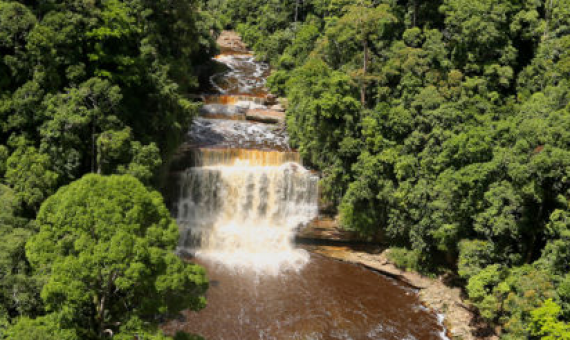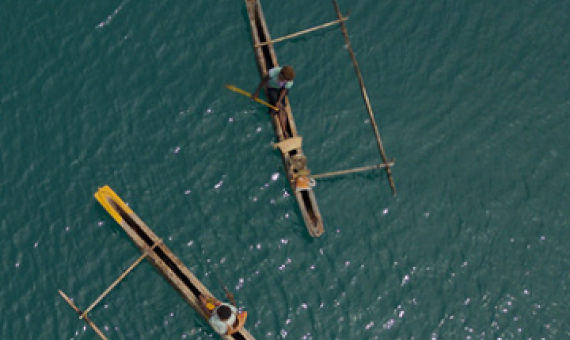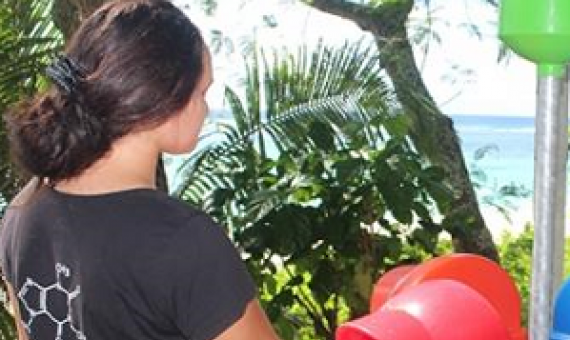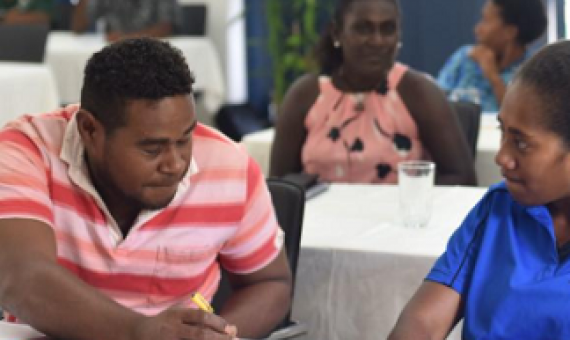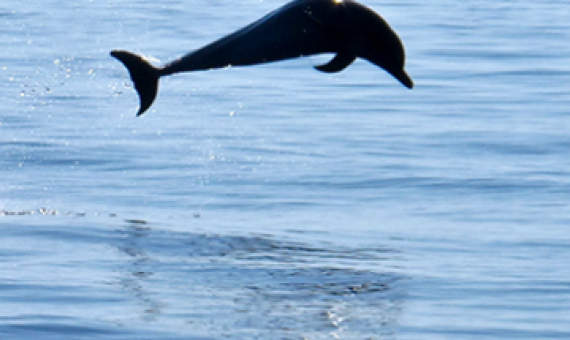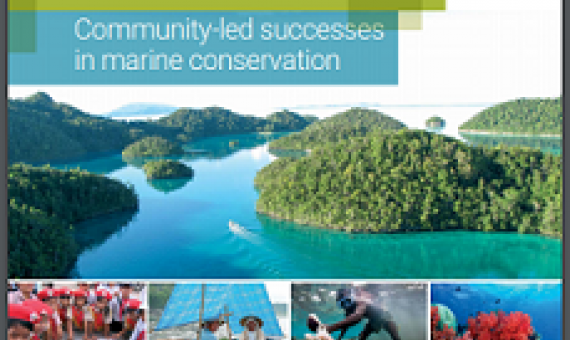Final Evaluation of the project “Forestry and Protected Area Management in Fiji, Samoa, Vanuatu and Niue (GEFPAS-FPAM)”
This report presents the findings of the Final Evaluation of the six year1 Global Environment Facility – Food and Agriculture Organization of the United Nations (GEF-FAO) Forest Protected Area Management (FPAM) in Fiji, Samoa, Vanuatu and Niue project, which was implemented between January 2012 and July 2017. The project’s global environmental objective was ‘to strengthen biodiversity conservation and reduce forest and land degradation’ and the development objective was ‘to enhance the sustainable livelihoods of local communities living in and around protected areas’

